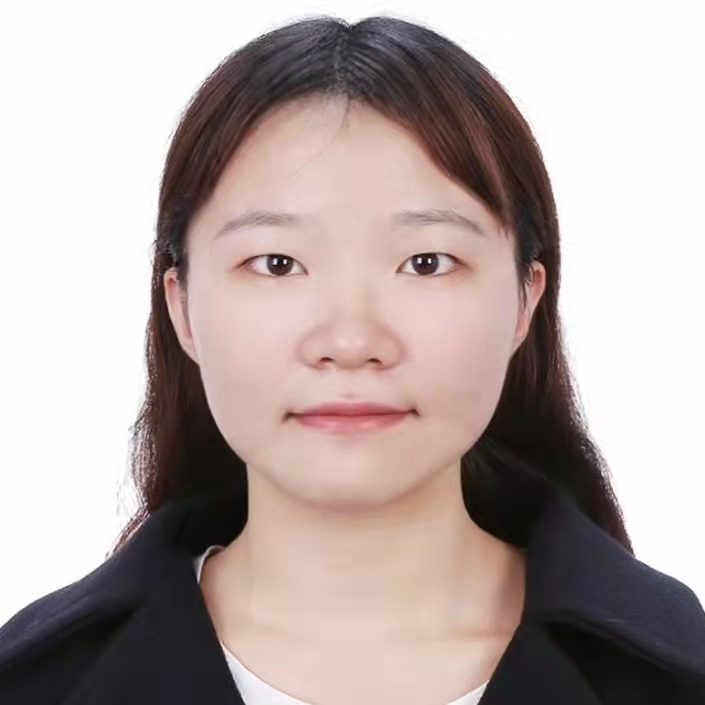IEEE ITSC 2022
Workshop on Dependable and Reliable Artificial Intelligence for Intelligent Transportation System
(Submission code: 3d9q3)
Oct 2022
Recent years have witnessed the rapid progress of ARTIFICIAL INTELLIGENCE
and its applications in INTELLIGENT TRANSPORTATION SYSTEMS (ITS). Among the key characteristics, safety lies in the nature of ITS.
Many recent advances, however, are hardly reliable due to the black-box property of the neural networks model. Thus, how to design dependable and reliable artificial intelligence techniques for ITS becomes a vital issue.
This workshop aims to BRING TOGETHER ACTIVE RESEARCHERS FROM INTERDISCIPLINARY RESEARCH FIELDS in intelligent transportation systems, signal processing,
artificial intelligence, and autonomous driving vehicles and discuss their most recent research results, emphasizing safe driving with dependable and reliable artificial intelligence techniques. in the community to consolidate cross-discipline insights, IDENTIFY AND ENCOURAGE NEW RESEARCH DIRECTIONS,
and ultimately foster the growth of dependable and explainable artificial intelligence techniques for ITS.
CALL FOR PAPERS
We invite researchers to submit their recent works related to the following topics.TOPICS
- Robustness of AI for ITS
- Explainable AI for ITS
- Adversarial factors in ITS and autonomous driving
- Verification techniques for ITS
- Generic safety goals in the ITS
- Privacy issues in ITS and autonomous driving
- Risk-aware decision making for autonomous driving
- Certificatable AI for ITS
- Cyber security in ITS and autonomous driving
- Vulnerable road users recognition and prediction
- Dangerous and abnormal road surface conditions recognition
- Reliable and dynamic edge resource allocation in V2X scenarios
- Digital twin techniques for safer ITS
- Modelling of AI philosophy in ITS and autonomous driving
SUBMISSIONS
We also welcome researchers present their previous published works at this workshop. Note that the previous published works will NOT go through the peer-review process and will not be covered in the conference proceedings. Those who want to present their the previous published works should contact the workshop organizers directly to discuss the potential talks.
HOW TO SUBMIT YOUR WORK
When submiting through the Papercept website,
- Choose ITSC 2022 conference
- Select the type of submission Workshop papers
- Fill in the information required therein, the instructions can be found here
- Submission Code for this workshop: 3d9q3
All manuscripts should comply with the ITSC conference template guidance. For formatting instructions and LaTeX or Word templates please refer to the ITSC submission guidelines.
IMPORTANT DATES
Acceptance notification to authors:
Camera-ready deadline:
Workshop begins:
May 15, 2022 11:59 p.m. Pacific Time
June 1, 2022 11:59 p.m. Pacific Time
Oct. 2022, exact date TBD by the conference
INVITED SPEAKERS
Invited Speakers TBD
If you are interested in giving a talk, feel free to contact us (email: itsc_drai2022@outlook.com).ORGANIZERS
Shichun Yang is currently the Dean of the School of Transportation Science and Engineering, Beihang University. He is recognized as the leading personnel of scientific and technological innovation in the National Ten-thousand Talents Program, leading personnel among the young and middle-aged in the Ministry of Science and Technology, National outstanding scientific and technological worker. He is the Vice Chairman of the Electric Vehicle Division of National Technical Committee of Automobile Standardization (NTCAS), an Expert of the Road Vehicle Specialized Committee of China Intelligent Transportation System Association (CTTSA), and the Vice Chairman of the SAE Vehicle Safety and Information Security Technical Committee. His main research interests include scientific and technological research for EV power system safety, high-efficient optimal theory, and integrated control. He was awarded as the National Second Prize for progress in Science and Technology, the First Prize of technical invention and sci-tech progress by China Automatic S&T, the Second Prize of sci-tech progress, and the Technical Invention by the Ministry of Education.
Fan Zhou is currently a post-doctoral research fellow in the Computer Science Department at Laval University, Quebec, Canada.
Yuyi Chen received the B.S. degree in Automotive Engineering and the M.S. degree in New Energy Vehicle Engineering from Beihang University, China, in 2017 and 2021. She is currently a Ph.D. candidate in School of Transportation Science and Engineering, Beihang University. Her research interests include driving intention prediction for autonomous vehicles and perception of road surface condition through intelligent tires.
Zhaowen Pang received the B.S. degree in Automotive Engineering in 2016 from Hubei University of Automotive Technology, China. He received the M.S. degree in Automotive Engineering in 2019 from Yanshan University. He has been studying for a Ph.D. in Information and Communication Engineering in Hainan University Since 2019. His research interests include intelligent decision and planning for autonomous vehicles, intelligent vehicle dynamics and chassis control. Mr. Pang’s awards and honors include having received the M.S. degree excellent graduate from Yanshan University and published relevant academic papers in the field at home and abroad.
Jiayi Lu received the B.S. degree from Beijing University of Technology and M.S. degree from King’s College of London, UK. He is currently a Ph.D. student in Beihang University. He majors in computer science, artificial intelligence, and vehicle engineering. His research interests include automatic vehicle integrated systems, mobile edge computing and, virtual simulation. He owns several patents about the autonomous vehicle’s perception system.
Rui Wang received the bachelor's degree in Vehicle Engineering from Beihang University, China, in 2020. She is currently a master candidate in School of Transportation Science and Engineering, Beihang University. Her research interests include perception of road surface condition through intelligent tires.
Yaoguang Cao received the B.S. degree in Thermal Energy and Power Engineering in 2010 from Beihang University, China. He received the M.S. and Ph.D. degree in Automotive Engineering in 2012 and 2020 from Beihang University. During 2013~2015, he had a work experience serving in the EV project management office of High Technology R&D Center, Ministry of Science and Technology of China. His research interests include intelligent decision and planning strategy for autonomous vehicles, automotive cybersecurity, and intelligent ADAS sensors. Mr. Cao’s awards and honors include Second Prize of The National Science and Technology Progress Award, First Prize of Technical Invention by China Automatic S&T.


